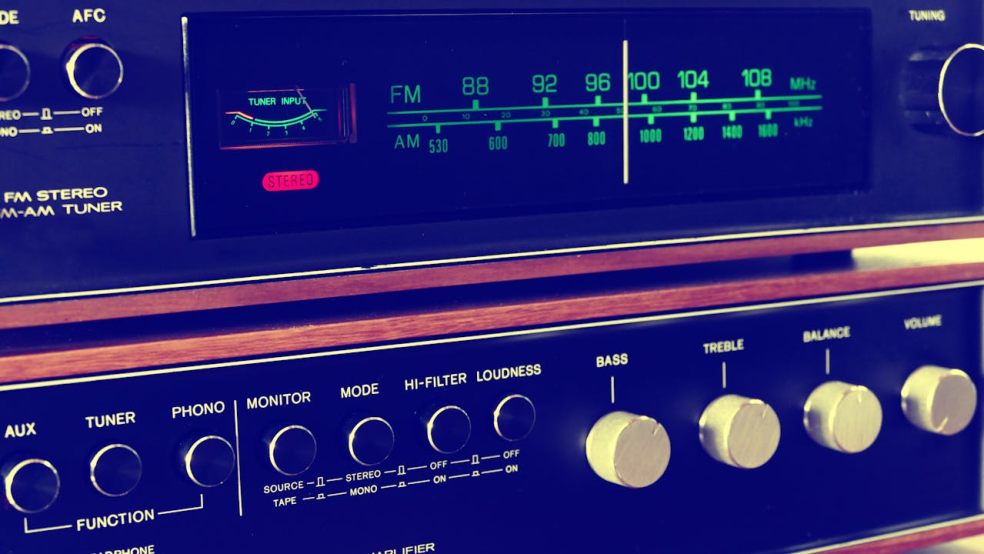
A History of Radio Broadcasting
providing up-to-the-minute coverage of local, national, and international events. Programs like Edward R. Murrow's reports during World War II highlighted radio's power in delivering timely and impactful news.
Music and Entertainment
Radio has also been a key platform for music discovery and entertainment. From big band orchestras in the 1930s and 1940s to rock and roll in the 1950s and 1960s, radio played a pivotal role in popularizing new genres and artists. Iconic shows like "American Top 40" with Casey Kasem showcased the latest hits and helped shape musical tastes across generations.
Popular Radio Shows by Decade
|
Decade |
Popular Radio Show |
Genre |
|
1920s |
The Goldbergs |
Sitcom |
|
1930s |
The Lone Ranger |
Adventure |
|
1940s |
The Jack Benny Program |
Comedy |
|
1950s |
Gunsmoke |
Western |
|
1960s |
American Top 40 |
Music Countdown |
|
1970s |
National Public Radio (NPR) |
News and Talk |
|
1980s |
The Howard Stern Show |
Talk Show |
|
1990s |
Coast to Coast AM |
Paranormal Talk |
|
2000s |
Sirius XM |
Covers almost anything |
The Influence of Radio on Culture and Society
Radio as a Cultural Phenomenon
Radio has not only been a medium for communication but also a cultural phenomenon. It has influenced language, fashion, and even politics. Radio personalities became household names, and their catchphrases and styles often permeated popular culture. The impact of radio on society is immeasurable, shaping public discourse and entertainment trends.
"Radio channels have consistently served as vital links in the information chain, adapting to technological advancements while maintaining their core mission of providing accessible, real-time communication across diverse audiences." — Experts at Netplayer.net
Radio in Times of Crisis
In times of crisis, radio has served as a lifeline. During natural disasters, wars, and other emergencies, radio provided critical information and a sense of connection. The medium's ability to reach remote areas and operate independently of other infrastructure made it indispensable during such times.
Notable Radio Moments
|
Year |
Event |
Description |
|
1938 |
War of the Worlds Broadcast |
Orson Welles' fictional invasion causes panic |
|
1941 |
Pearl Harbor Attack |
First news reports of the attack |
|
1963 |
Assassination of JFK |
Continuous coverage and updates |
|
1969 |
Moon Landing |
Live broadcast of Apollo 11 landing |
|
2001 |
9/11 Terrorist Attacks |
Real-time coverage and updates |
The Transition to Digital Radio
The Advent of Satellite and Internet Radio
The late 20th and early 21st centuries brought about the transition to digital radio. Satellite radio, with its vast array of channels and clear reception, offered an alternative to traditional AM and FM broadcasting. Internet radio further expanded the possibilities, allowing listeners to access stations from around the globe and explore niche genres and independent broadcasters like Netplayer or SiriusXm.
Podcasting: The New Frontier
Podcasting, which emerged in the early 2000s, represents the latest evolution of radio broadcasting. Podcasts offer on-demand content covering a wide range of topics, from true crime to educational series. The accessibility and convenience of podcasts have attracted a diverse audience, redefining how people consume audio content.
Radio's Enduring Legacy
Nostalgia and Modern Appreciation
Despite the rise of digital media, traditional radio continues to hold a special place in the hearts of many. The nostalgia associated with tuning into a favorite station or program is a testament to radio's enduring legacy. Modern appreciation for radio's history and its role in shaping communication keeps the medium relevant even today.
The Future of Radio Broadcasting
Looking ahead, radio will undoubtedly continue to evolve. Advances in technology, such as smart speakers and artificial intelligence, are likely to shape the future of radio broadcasting. However, the core essence of radio—connecting people through the magic of the airwaves—remains unchanged.
In conclusion, the journey of radio broadcasting is a fascinating tale of innovation, cultural impact, and technological advancement. From Marconi's early experiments to the diverse world of digital radio and podcasts, the medium has continually adapted to the changing times, enriching the lives of millions around the globe.













